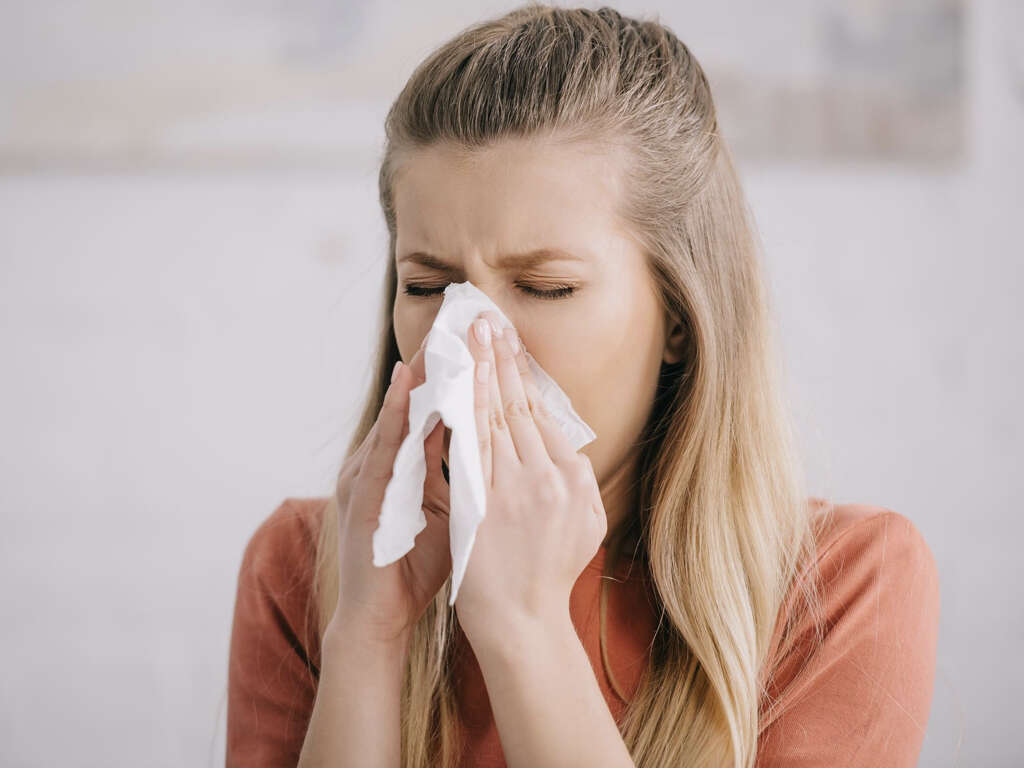10 Atypical Pneumonia Symptoms
 Article Sources
Article Sources
- 1. 'Atypical Pneumonia.' Centers for Disease Control and Prevention, 8 Apr. 2021, www.cdc.gov/pneumonia/atypical/index.html
- 2. 'Atypical Bacterial Pneumonia - StatPearls - NCBI Bookshelf.' National Center for Biotechnology Information, 15 Aug. 2020, www.ncbi.nlm.nih.gov/books/NBK532239/
- 3. Smith, Charlotte. '6-At-Home Remedies to Ease Your Sore Throat' Nov. 10, 2020. https://www.pennmedicine.org'updates/blogs/health-and-wellness/2018/february/sore-throat
- 4. 'Severe Atypical Pneumonia in Critically Ill Patients: a Retrospective Multicenter Study.' Annals of Intensive Care, 13 Aug. 2018, annalsofintensivecare.springeropen.com/articles/10.1186/s13613-018-0429-z
- 5. 'Pneumonia.' Advancing Heart, Lung, Blood, and Sleep Research & Innovation | NHLBI, NIH, www.nhlbi.nih.gov/health-topics/pneumonia
- 6. 'Atypical Pneumonia: MedlinePlus Medical Encyclopedia.' MedlinePlus - Health Information from the National Library of Medicine, medlineplus.gov/ency/article/000079.htm
Muscle Aches and Joint Pain
Although symptoms such as muscle aches and joint pain are synonymous with the flu, they are relatively common symptoms of atypical pneumonia. Often these symptoms are fever-induced.
One reason muscle aches and joint pains occur is that the system that controls the exchange of oxygen and carbon dioxide in the lungs is not working as efficiently as normal. This means that the muscles don't receive the supply of fresh oxygen they normally get, resulting in aches and pain.
Advertisement










